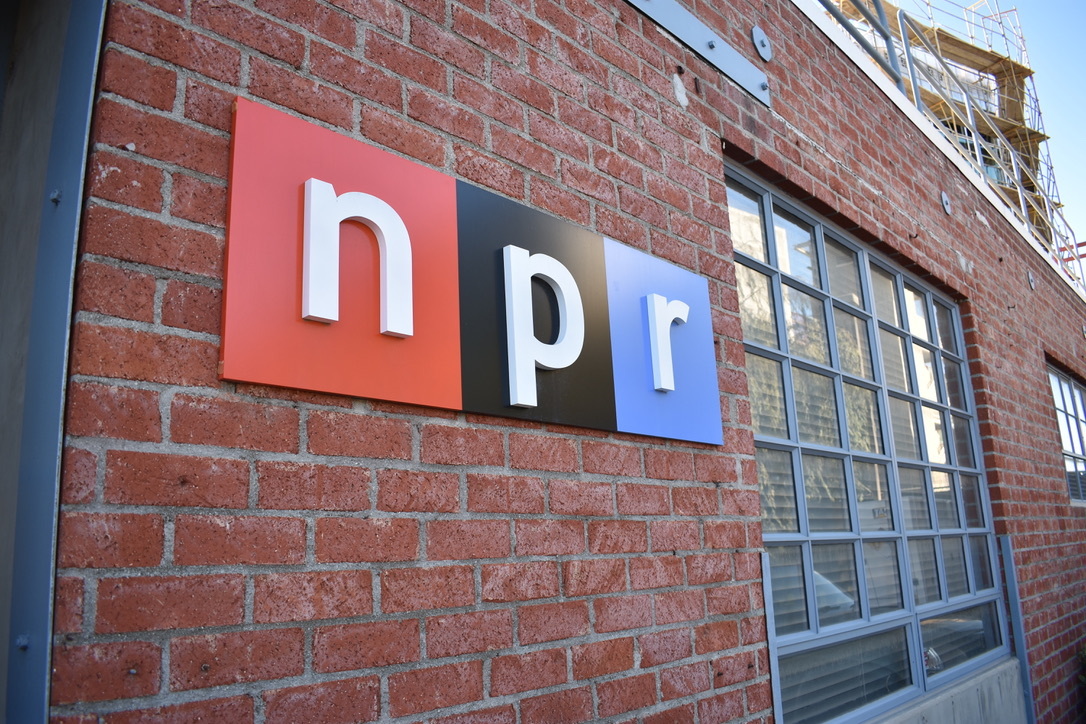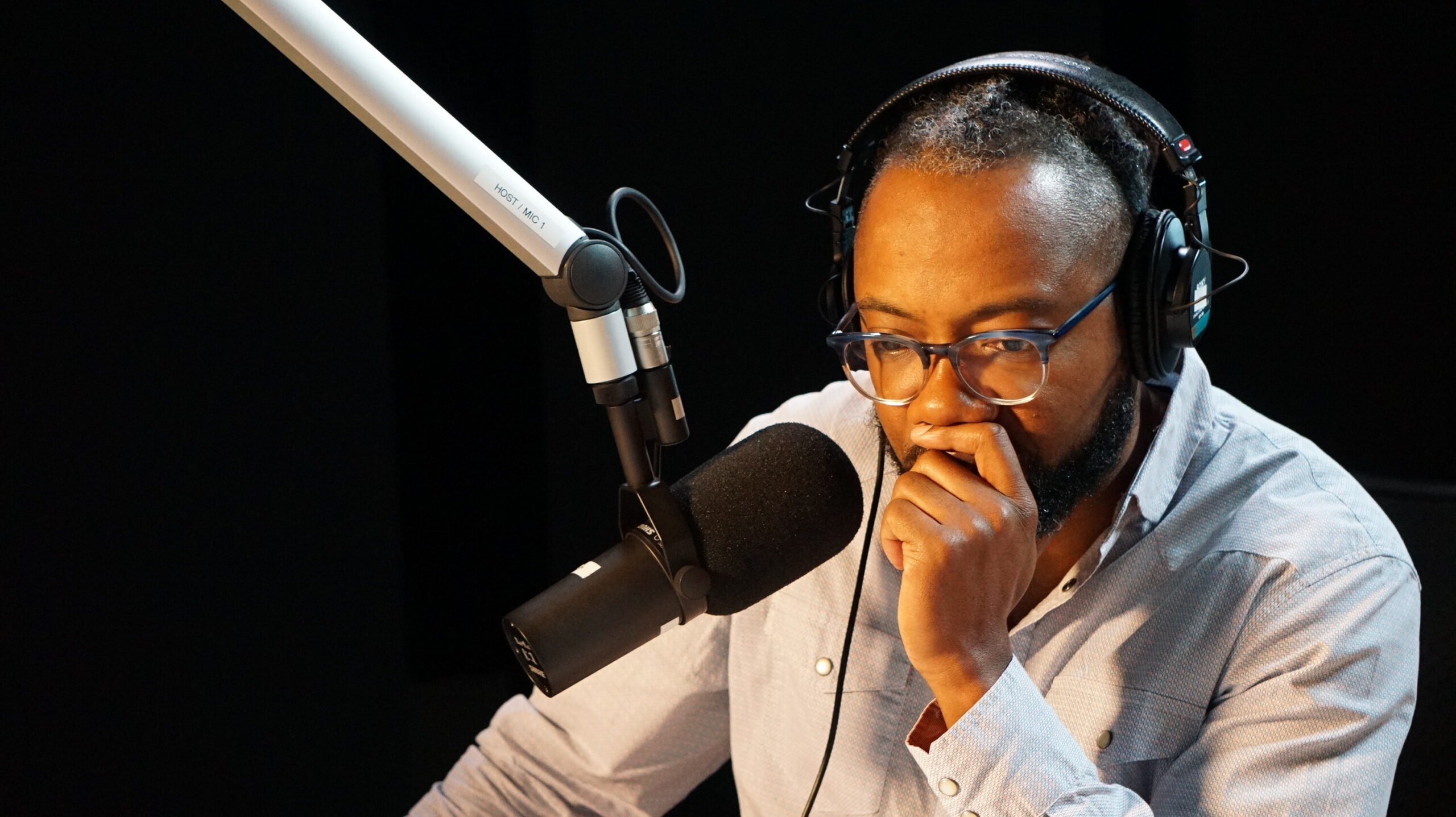Former NJ governor asks state to support public TV after spectrum auction win
A former New Jersey governor is urging the state to invest some of its $332 million in spectrum auction revenues in public broadcasting.
New Jersey Public Broadcasting Authority sold spectrum assigned to two stations in its NJTV network, WNJN in Montclair and WNJT in Trenton. The state holds the broadcast licenses for NJTV stations, although a nonprofit subsidiary of WNET in New York City has been operating them under a local management agreement since 2011. It’s unclear how the state will use the funds, and how much will be reinvested in the stations.
In a NJ.com commentary, Thomas Kean Sr., a Republican who served as governor from 1982-1990, writes that the state’s public TV network provides critical local news and public affairs programming and also supports New Jersey through community engagement projects.
“As we celebrate fifty years of public broadcasting in New Jersey, let’s provide NJTV with at least a portion of the auction proceeds — so it can continue providing high quality local content for many more years to come,” writes Kean. “NJTV’s value to our state only increases as the media landscape shrinks, and I encourage you, and our Legislators, to support it.”
New Jersey cut off its annual appropriations for public broadcasting in 2011 when the state disbanded its radio and television networks known as NJN. It sold licenses to its radio stations to other public broadcasters and contracted with Public Media NJ, the WNET subsidiary, to manage television operations. The network was rebranded NJTV.
“Today, NJTV operates on an annual budget just about one-third that of its predecessor (approximately $10 million versus approximately $30 million), and with significantly less staff,” Kean writes. “But there is a potential opportunity to assure that public television receives the resources it needs to continue well into the future: the proceeds from the recent FCC Spectrum Auction.”
Earlier this month, New Jersey TV released a statement asking the state to “dedicate at least some of those funds to New Jersey’s public television network, to assure the long term sustainability and growth of NJTV.” Governor Chris Christie’s budget includes a line that they’re expecting a $300 million influx, but it doesn’t indicate where it’s coming from.
The broadcasting authority told Current that the stations would continue to broadcast by sharing spectrum with other stations in the NJTV network.
With a signal that reaches into New York City, WNJN auctioned for $194 million, the highest payment for individual noncommercial station. WNJT, which is adjacent to Philadelphia, went for $138 million.
The auction value of all noncommercial stations together was $1.9 billion. The overall public media economy is $3.5 billion annually.
For more, visit our spectrum auction page. Or listen to our podcast, The Pub, where host Adam Ragusea covered the auction in a recent episode.







